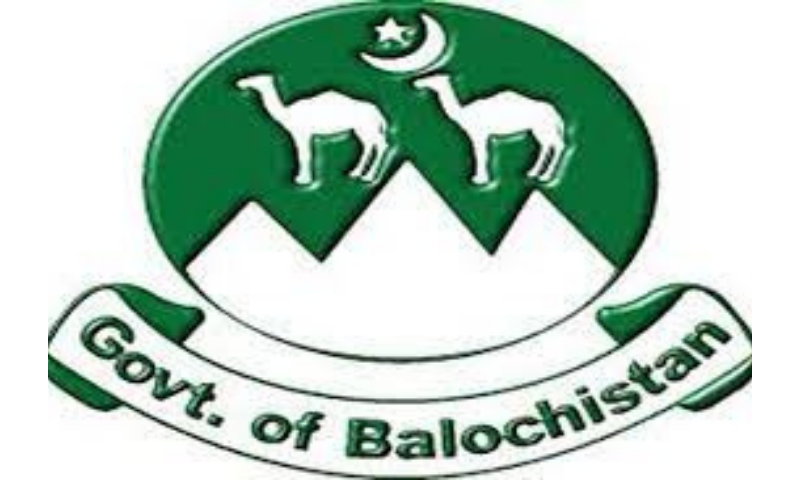The Balochistan government has placed over 4,000 individuals on the Fourth Schedule of Pakistan’s Anti-Terrorism Act (ATA), sparking widespread outrage from civil society and human rights groups.
Those added to the list include political workers, students, lawyers, professors, journalists, poets, writers, human rights activists, and ordinary citizens. Among the prominent figures listed are Balaach Qadir Baloch, chairman of the Baloch Students Organization, along with Secretary General Samand Baloch and Information Secretary Shakoor Baloch.
Abid Mir, an assistant professor at Government College Quetta and author of several books, has also been included on the Fourth Schedule, along with BYC activist Beebow Baloch’s father Ghaffar Qambarani, Abdul Sattar (son of Allah Dad), and Balakh Sher (son of Abdul Ghaffar).
Being placed on the Fourth Schedule designates these individuals as “proscribed persons,” subjecting them to severe restrictions, including the freezing of bank accounts, passport denial, and bans on arms licenses and employment clearances.
The move has drawn sharp criticism from political leaders. During a session of the Balochistan Assembly, National Party President Dr. Malik Baloch condemned the decision, warning that it could push innocent citizens toward insurgent groups like the Baloch Liberation Army (BLA).
“I know many people who are patriots. Why is the government pushing these innocent people toward the BLA?” Dr. Malik asked, suggesting that the move would deepen resentment and unrest in Balochistan.
Mahrang Baloch’s Strong Condemnation
Dr. Mahrang Baloch, leader of the Baloch Yakjehti Committee (BYC), has been one of the most vocal critics of the government’s actions. In a statement posted on X (formerly Twitter), she accused the Balochistan government of “systematically oppressing the Baloch people under directives from the military establishment.”
“The Balochistan government, at the behest of the military establishment, is carrying out massive and systematic abuses by placing thousands of names on the Fourth Schedule, a draconian anti-terror watchlist. In Quetta alone, 137 people were added to the Fourth Schedule in July, including students, activists, writers, lecturers, and professors,” Mahrang Baloch said.
She revealed that her brother, Nasir Baloch, who had previously been a victim of enforced disappearance, was also added to the list. She emphasized that he had no connection to political activism, describing the inclusion of peaceful individuals and the relatives of activists as part of a broader campaign of “subjugation and oppression” against the Baloch people.
Mahrang Baloch compared the situation in Balochistan to China’s treatment of Uyghur Muslims in Xinjiang. “The government is turning Balochistan into a mass internment camp, similar to those in the Xinjiang autonomous region, to control, dictate, oppress, and change the thoughts of the people,” she said.
Despite this, she vowed that the Baloch people would resist such attempts. She called on civil society, the media, international human rights organizations, and political stakeholders to speak out against the government’s actions. “I urge civil society to resist this blatant misuse of the law,” she added.
Rights Groups Condemn the Move
Human rights organizations and civil society groups have also condemned the government’s actions. Baloch Voice for Justice called the decision a “direct assault on freedom of speech, peaceful assembly, and democratic participation.”
A spokesperson for the group said, “Placing political workers, students, journalists, and intellectuals under surveillance and restricting their movement constitutes an egregious violation of human rights. These measures also threaten academic and cultural freedoms.”
Baloch Voice for Justice and other rights groups have called for the immediate removal of all individuals from the Fourth Schedule. They described the government’s actions as “political oppression” and urged the protection of fundamental rights, including freedom of speech and peaceful assembly.
“These actions are not democratic,” the spokesperson added. “They are an attack on the fundamental rights of Baloch citizens.”

